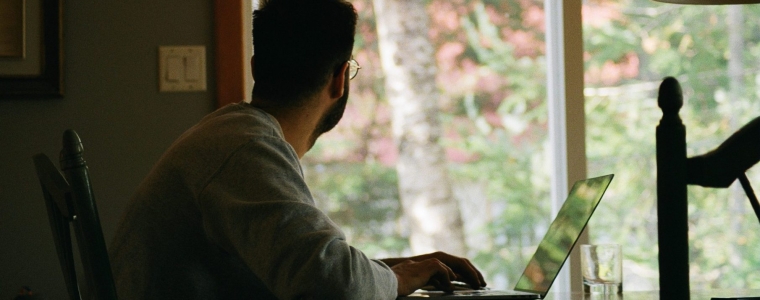What are students experiencing right now?

In the face of the COVID-19 pandemic, many universities have decided to move teaching from their classrooms to the cloud. It is a long known battle for students to gain access to teaching and study material at any time and place, but little did we know that it would be the external pressure of a global pandemic sparking the online revolution within academic institutions.
Almost as if knowing what challenges 2020 would bring, the University of Iceland (UI) tested a new learning management system during the first wave of the pandemic last spring and was ready to implement the improved software in the new academic year be held almost exclusively online. Alongside some of the greater features – integrated assignments, calendars, and multiple forms of feedback for both staff and students – students who submit their assignments on time are celebrated with confetti all over their screens.
Even though studies are now more flexible than ever, and virtual confetti aside, students’ lives have never been as restricted. The social and societal impacts of Covid-19 weigh heavily on us all, not to mention the financial setback many of us have had to tackle (and are still tackling). Many students depended on mini-jobs and were among the first to face lay-offs.
Fear of the unknown
In a survey conducted by the Student Council of UI, 2208 students reported their well-being during the pandemic in association with their studies. A vast majority of students reported feeling higher stress levels due to the pandemic, fearing it will negatively affect their academic progress. More than half of the participants reported feeling anxious, fearing to become infected. The risk of becoming infected is a great uncertainty feeding isolated students’ anxious minds. But it is a source of uncertainty none of us can control.
What we can control, however, is uncertainty within our academic institutions. Instead of re-evaluating restrictions and policies according to fluctuations of the pandemic, why not create a set plan for the whole academic year? The announcement that teaching would be held online this semester was a great relief to many students, but with in-person final exams on the horizon, the complaints box fills up again.
Students are assets
As if exams are not stressful enough, the risk of infection is a more serious threat than potential academic failure. Keeping away from online or take-home exams because they are unknown territory, is no argument for today’s average university student, a digital native. This generation of university students is fluent in technology, indifferent to traditional academia’s presenteeism.
Being part of a network of research-intensive universities across Europe focusing on societal impact, amongst other topics, we are all highly aware of the long-lasting challenges this pandemic brings. The establishment of a “new normal” is evident, but the question remains, by whom?
With a multidisciplinary approach to health research and a large sample of the most forward-thinking young individuals in society, Aurora universities are the perfect testing grounds for innovative practices during these times of uncertainty. Like ours, universities can use this opportunity to serve as a leading light to society in finding a new normal.
Written by Emily Reise Aurora Student Council Secretary
About us
Aurora is a partnership of like-minded and closely collaborating research‑intensive European universities, who use their academic excellence to drive societal change.

Co-funded by the Erasmus+ Programme of the European Union

This project has received funding from the European Union´s Horizon 2020 research and innovation programme under grant agreement No 101035804
© Aurora European Universities | map by Leaflet, © OpenStreetMap contributors, © CARTO | admin | email template.